
To accelerate progress in early literacy and third grade reading in our state, partners in Read On Arizona have identified four shared strategic priorities to focus our collective efforts and maximize impact.
-
Building educator capacity in the science of reading.

-
Scaling up evidence-based literacy solutions.

Student outcomes improve when teachers are supported with comprehensive training and coaching on the most effective approaches to reading instruction.
Decades of scientific research have provided a clear understanding of how skilled reading develops and how to most effectively support children, including struggling readers, in learning to read proficiently.
More than just phonics and decoding, structured literacy instruction based in the science of reading also develops foundational skills like comprehension, vocabulary, and background knowledge. All must be woven together so that children can make meaning from the words they read.
Arizona has made a coordinated effort to empower educators with the knowledge, skills, and tools they need to be successful, including high-quality professional development and literacy coaching based in the science of reading. Our focus is on supporting:
- K-3 teachers
- Pre-service teachers
- Early childhood educators
Underlying this strategic priority is another fact backed by scientific evidence: with the right instruction and support, the vast majority of our children — more than 9 in 10 — can learn to read at grade level.
Accelerating progress in literacy requires a comprehensive set of proven strategies — high-quality instruction, interventions, and a system of screening and assessment — to ensure that all children receive the support they need to read at grade level.
We have to do everything we can to help our children learn to read proficiently. But that doesn’t mean doing just anything.
To get better outcomes for students, partners in Read On Arizona are committed to focusing our efforts and resources on strategies that have been validated by rigorous study to produce their intended results. This evidence-based approach guides our work at all levels, from statewide policies and investments to student-level instructional decisions.
- Move On When Reading requires Arizona public and charter schools to use an evidence-based core reading program and interventions.
- Arizona is supporting educators with evidence-based professional development in the science of reading
- Read On Arizona’s MapLIT informs data-driven decision making
- Read On Communities are identifying local needs and coordinating with partners to provide evidence-based family literacy programs, tutoring interventions, and other targeted strategies to improve school readiness and reading outcomes
- Philanthropic, agency, and community partners are supporting efforts to bring evidence-based programs and strategies to serve more children, schools, and communities, especially those in high-need areas.
-
Engaging families and communities to support school readiness and literacy.

-
Expanding access to quality early learning.

Literacy outcomes are driven by the learning that happens at home and in community settings as well as in the classroom. Families need high-quality, developmentally-appropriate resources and information to support language and early literacy development and promote school readiness.
Research shows that early language abilities, like vocabulary, are directly related to reading proficiency later on. Young children develop these skills through language-rich experiences at home — when their parents talk, read, and play with them — and in community settings.
Engaging families is crucial to the success of our collective efforts, in local communities and statewide. Authentic family engagement involves parents in communication to understand their needs and provide evidence-based literacy tools and information to help them support their child’s learning at home.
Read On Arizona supports local literacy efforts through a network of Read On Communities. Each brings community partners together to develop a local system of evidence-based literacy programs and services — things like parent workshops, book distribution, tutoring for struggling readers, training for early childhood educators, improving school readiness, and addressing chronic absence. Each community’s goals and strategies are informed by data and based on the unique needs of its children and families.
Read On Arizona also offers several useful resources for families to help raise awareness of the importance of early literacy, how literacy starts with language, and the role families play in their child’s learning. These include:
The skills and abilities children need to be proficient readers start developing from birth, and the learning that happens before kindergarten prepares children for school success. High-quality early learning programs support language and literacy development and help young children be ready for school and ready to learn to read.
In addition to the learning that happens at home and in community settings, preschool programs that emphasize language and literacy also help children be ready for school. And for under-served families, who may lack easy access to libraries or books at home, quality early learning programs can make a big difference.
Partners in Read On Arizona have taken a strategic approach to increase access to quality early learning for those who need it most. Successful federal grant applications, coordinated by Read On Arizona, are supporting school readiness efforts:
- More slots for young children in high-quality preschool programs, enabling programs to serve more children in a classroom, open additional classrooms, or serve children for a full-day instead of half, etc.
- Improving the quality of early learning programs by supporting educators with evidence-based training, coaching, and literacy resources so more kids get the language-rich experiences they need to be ready for school.